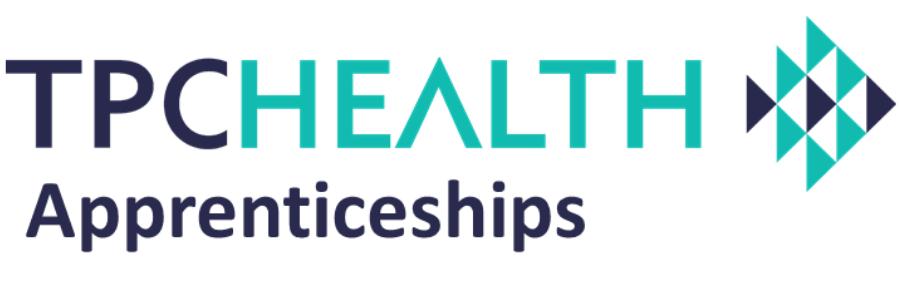Cutting through the terminology – simple explanations for common apprenticeship terms
Apprenticeship Standard – A set of skills, knowledge and behaviours an apprentice must learn for a specific job role.
On-the-Job Training – Training and experience gained while doing your normal work tasks.
Off-the-Job Training – Learning that takes place during working hours but away from your usual job tasks (e.g. online learning, classes, projects). This must make up at least 20% of the apprentice’s paid hours
Training Provider – An organisation (like a college or private provider) that delivers the training part of the apprenticeship and supports progress.
Duration – How long the apprenticeship lasts – usually 12 months to 4 years.
Gateway – The point when the apprentice, employer and provider agree the apprentice is ready to take their Apprenticeship Assessment.
Apprenticeship Assessment – Formally referred to as the End-Point Assessment (EPA), this is the final assessment to check the apprentice has learned everything in the standard. It may include a test, interview, or project.
Assessor / Coach / Tutor – A person who supports and guides the apprentice and checks their learning and progress.
Levy Funding – Levy employer: A large employer (payroll over £3 million) that pays a tax to fund apprenticeships.
Non-Levy Funding – Non-levy employer: A smaller business – the government pays 95% of training costs.
Knowledge, Skills and Behaviours (KSBs) – The things apprentices must learn to do the job properly:
- Knowledge – what they need to know
- Skills – what they need to do
- Behaviours – how they should act
Progress Reviews – Regular meetings between the apprentice, employer, and training provider to check how things are going.
Apprenticeship Agreement -A legal agreement between the employer and apprentice, like a contract, showing the apprentice is employed and training.
Training Plan – A document signed by the apprentice, employer and provider, outlining what everyone agrees to do during the apprenticeship.
The Apprenticeship Experience
- Government-funded training – for levy/non levy employers – speak to us to discuss this further.
- Community-Centric Approach – Focused on engaging with communities to identify and address health and wellbeing needs.
- Expert-Led Training – Delivered by experienced health and social care practitioners.
- Practical Application – Emphasises real-world application of skills within community settings.
- Ongoing Support & Supervision – we will provide dedicated tutors, regular reviews, and pastoral care ensure success.
This apprenticeship is ideal for individuals passionate about community health, including:
- Community Health and Wellbeing Workers
- Health Trainers
- Care or Service Navigators
- Social Prescribing Link Workers
- Live Well Coaches
- Community Connectors
- Community Health Champions
- Community Development Workers
This 12-month apprenticeship blends theoretical learning with hands-on practice, ensuring learners develop the necessary skills to become effective Community Health and Wellbeing Workers.
- Community Engagement
- Health Promotion
- Holistic Approaches
- Service Navigation
- Behavioural Science Application
✅ Gain a recognised Level 3 qualification.
✅ Develop skills to engage and support communities.
✅ Enhance understanding of health inequalities.
✅ Receive mentorship from experienced professionals.
✅ Improve career prospects in health and social care.
Time is particularly important, as part of the apprenticeship, alongside your job role, a minimum of 20% of your time in work must be dedicated to improving new skills, knowledge and behaviours across the 12-month programme.
You will have access to the following to help you achieve your apprenticeship:
- An individual Learning Platform account
- A designated Health and Wellbeing Tutor
- A plethora of engaging resources
- A Programme Support Advisor
To apply, you must:
- Be employed in a role that involves working with individuals and communities to improve health and wellbeing.
- Have employer support to complete the programme.
- Be able to dedicate time to off-the-job training, including workshops, projects, and reflective practice.
To successfully complete the apprenticeship, learners must pass an End-Point Assessment (EPA), including:
- A knowledge test (multiple-choice format).
- A coaching observation by an independent assessor.
- A portfolio-based interview demonstrating competence.
We will support you throughout the programme to achieve the apprenticeship.
Take the next step
Join us in making a meaningful impact on community health with TPC Health’s Level 3 Community Health and Wellbeing Worker Apprenticeship.
Contact us today to learn more!



